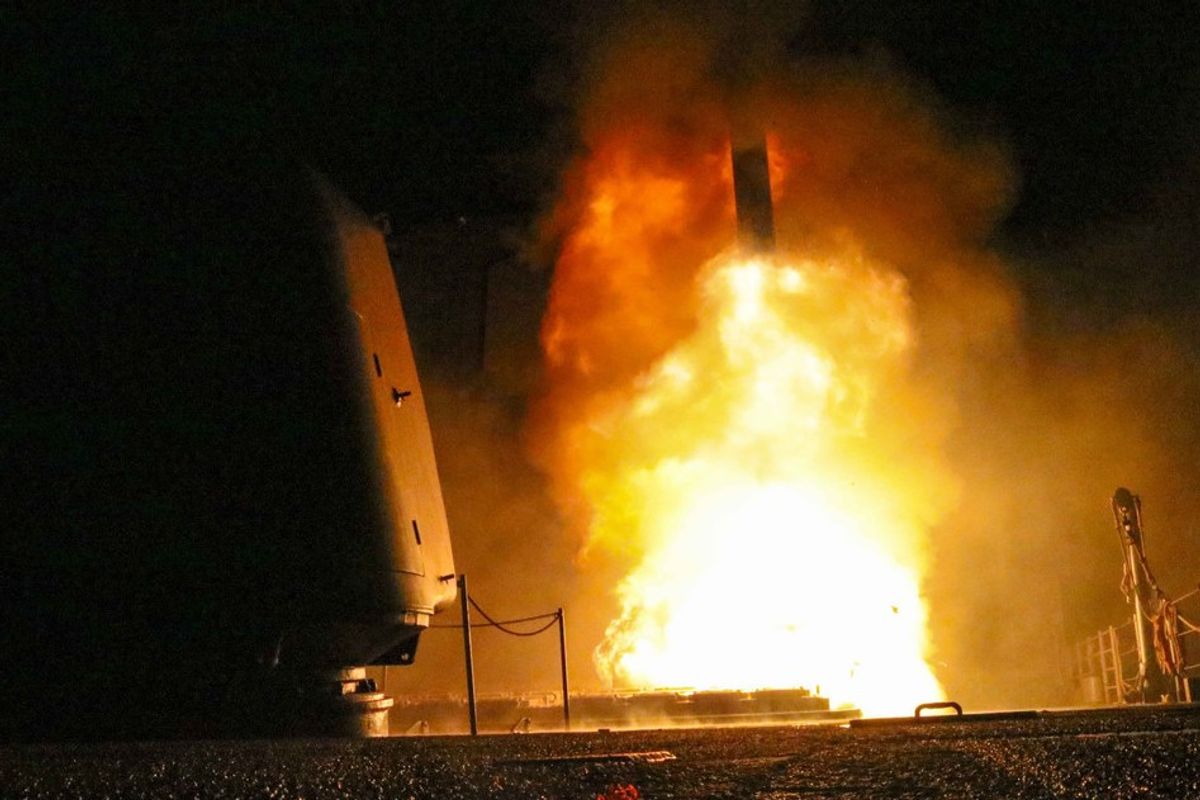There is increasingly rapid progress in understanding how biological systems work. This gives us new tools to meaningfully manipulate those systems towards a given end. We are developing an unprecedented range of biological tools and biotechnologies to change our world at a fundamental level.
The benefits of biotechnology are already helping in many areas of our lives. As we described at an international bio-risk meeting in June 2015, biotechnology is driving changes in health, manufacturing, and food security. In the health sector, for example, the digitization of biology is speeding up the development of new vaccines, while advances in metabolic pathway engineering are changing how we can manufacture drugs and painkillers. New tools, such as gene drives, also allow us to deliberately engineer inheritable genetic traits into wild populations – offering a powerful new way to rid the world of certain vector-borne diseases.
At the same time, advances in biotechnology can be used for other purposes. An international workshop in September 2015 convened by leading science academies, asserted that over the last five years “technological barriers to acquiring and using a biological weapon have been significantly eroded.” They determined that “recent advances could also facilitate almost every step of a biological weapons programme” and described developments which make it easier to acquire an agent, modify it for use as a weapon, produce such weapons in sufficient quantities, and overcome storage and dissemination challenges.
The security impact of biotech advances go beyond bioweapons. For example, developments in metabolic pathway engineering also offer opportunities to produce less beneficial drugs such as heroin. Scientists have already identified how to make the active compounds in other narcotics, such as for cannabis and precursors of LSD. Some experts, such as Rob Carlson from Bioeconomy Capital, have argued that traditional security approaches (guns, gates and guards) does not work in the context of illicit drugs and will not work when thinking about security in the biological arena. We at Biosecure have argued that advances in biotechnology are already necessitating a rethink of how we define risk in this space.
The security implications of biotechnology go even further. In late 2014, along with experts from the FBI, we highlighted how such advances could impact:
- Resource security - whether it is oil for energy or industry, water for drinking or agricultural land for people and food, access to resources has destabilized countries and regions and resulted in wars. As the bioeconomy burgeons and we make more with biology, access to resources will be increasingly impacted;
- Energy security – lack of access to energy can compound existing disparities, will impact the health, wealth, and prospects of those affected, and could lead to domestic, regional, or international instability. For example, biotechnology is already changing how we power our travel—with airlines using biofuels to keep their planes in the air;
- Manufacturing capacity – through the use of biology as a manufacturing platform, it will play an important role by providing for employment and boosting the economy, with the potential to be diverted to produce outputs which can be used to cause harm, and as a target itself, as it becomes critical national infrastructure;
- Data security - how (and perceptions of how) authorities and institutions gather, handle, and use data remains an issue of contention—especially when it is done in the name of security. Cyber attacks on government, industry, and academic institutions are on the rise. As biology becomes digitized, protecting that data will become more of an issue. The linkage between big data and biosecurity was the topic of a joint AAAS and FBI study in 2014.
- Environmental security - maintaining the environment and preserving biodiversity has also been recognized as key to future stability, and failing to do so could significantly promote insecurity. Whilst concerns over the environmental impacts of biotechnology are well known, there are those from within the conservation community who have argued it could be key in preventing extinction.
We can see, or predict, some of the ways in which advances in biotechnology affect our lives. Others, including the impacts on security, are less clear. We must assume the biotech revolution will be no less disruptive here. It should cause us to reconsider how we describe risk, think about what it means to be secure, and the tools we use to stay safe. Ultimately, there will be many more people, with access to far more resources wanting to harness the benefits of biotechnology than there will be trying to exploit the risks.











